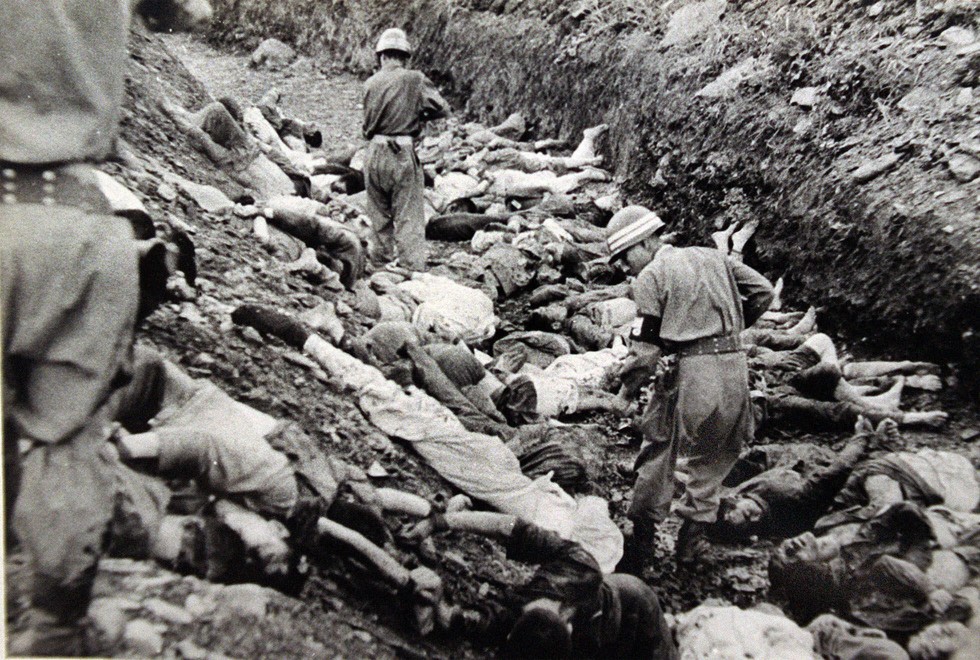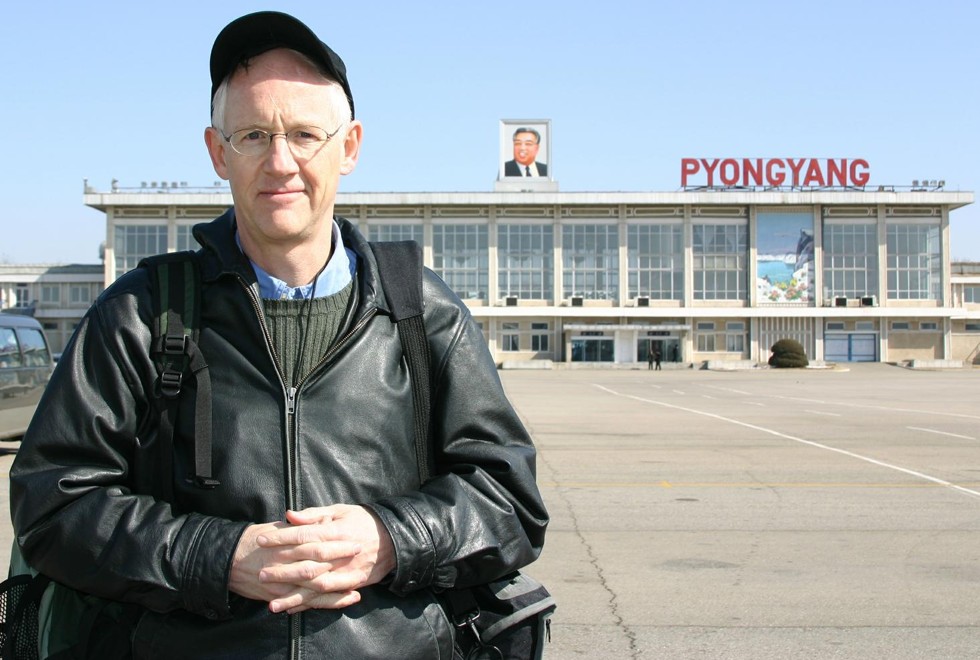
Review | A ‘one-man war machine’: America’s spymaster in Korea and his reign of sabotage, torture and murder revealed in new book
Blaine Harden’s book King of Spies: The Dark Reign of America’s Spymaster in Korea narrates the story of Donald Nichols, an ‘American T.E. Lawrence’; implicated in torture and murder, he died in ignominy in a psychiatric hospital
King of Spies: The Dark Reign of America’s Spymaster in Korea
by Blaine Harden
Viking
Donald Nichols was an unusually talented and highly decorated spy who oversaw a vast organisation of espionage and sabotage on the Korean Peninsula. He is the tragic hero of King of Spies: The Dark Reign of America’s Spymaster in Korea, the latest of three acclaimed books on the divided land by Blaine Harden, a former Washington Post bureau chief for East Asia.
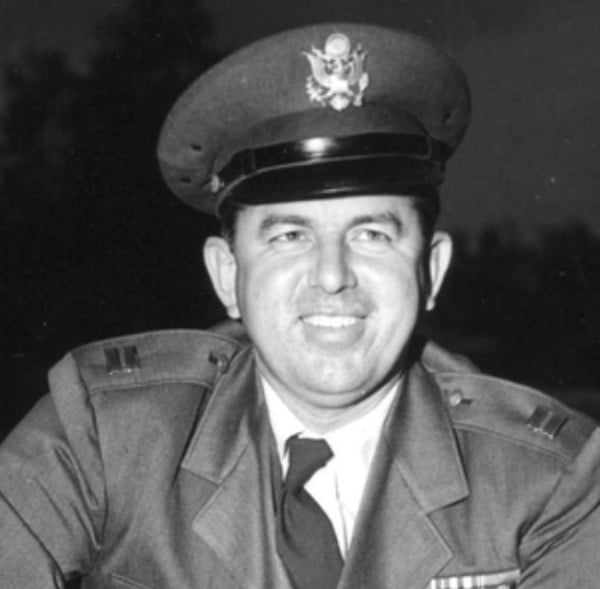
A child of the Great Depression, Nichols came from a broken home, growing up poor in New Jersey, and had no high-school or college education. During the second world war, he worked in a US Army motor pool and a makeshift morgue in the port city of Karachi, in what was then British India. By day, he repaired trucks bound for Burma; by night he embalmed GIs claimed by tropical diseases.
After the war’s end, Nichols signed up for an army intelligence unit that hunted saboteurs near military bases. He was flown to Tokyo, where 12 weeks of spy training (“as close as he ever came to higher education”, writes Harden) turned him into “a black-ops phenomenon”.
Months before Soviet forces entered North Korea in 1950, Nichols provided his bosses with precise details of enemy troops, tanks and aircraft. “In the early, desperate days of the Korean War, when GIs were panicking, retreating and dying, his team of Korean cryptographers broke North Korean army codes, which helped American forces hold the line, saving them from being pushed off the southern tip of the Korean Peninsula,” the author continues.
“His commanding general,” Harden adds, “called him ‘magnificent,’ ‘wonderful,’ a ‘one-man war machine’ who ‘didn’t know what it was to be scared of anything.’”
But for all that, Nichols’ improbable rise was largely the result of good timing. Just as T.E. Lawrence arrived in the Middle East four years before the first world war erupted, in 1914, so Nichols reached Korea four years ahead of his war.
It was a time when the US military had declared the peninsula to be of “little strategic value”, particularly in comparison with Japan. Nichols travelled widely, taught himself Korean and made friends in high places.
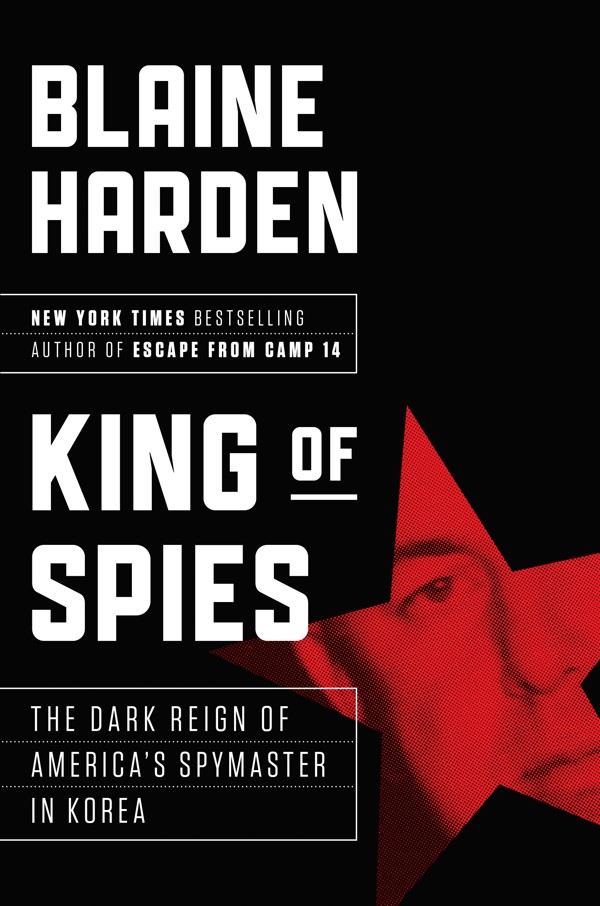
Yet they found common cause. Rhee, who called the callow American “my son Nichols”, found in him “a back door for delivering intelligence” that could influence American policy towards Korea, Harden writes. Nichols, who called Rhee “father”, discovered in the other man “the ultimate inside source – and a short cut to becoming a very important intelligence asset”.
Rhee became president of South Korea in 1948 amid a full-scale guerilla war, the de facto beginning of the Korean conflict. And Nichols, who worked closely with South Korean police as an expert interrogator, was in the thick of it all.
He had a dark side. In wartime, he was the guy you want on your team. In peacetime, you lock him up
Tens of thousands of South Korean communists were killed by their own government and Nichols witnessed many of them being slaughtered. He also observed waterboarding and watched them being “burned repeatedly on their testicles with lighted cigarettes”. He claimed not to approve of such interrogation techniques, but did nothing to prevent them and did not report them to his superiors.
The barbarity and death toll of the war were largely invisible in the US in 1948 and 1949 – and remain so today. “The lack of American interest was a function of who did and did not die,” writes Harden, referring to the telling discovery by historian Allan R. Millett that “only three Americans were killed in the partisan fight”.
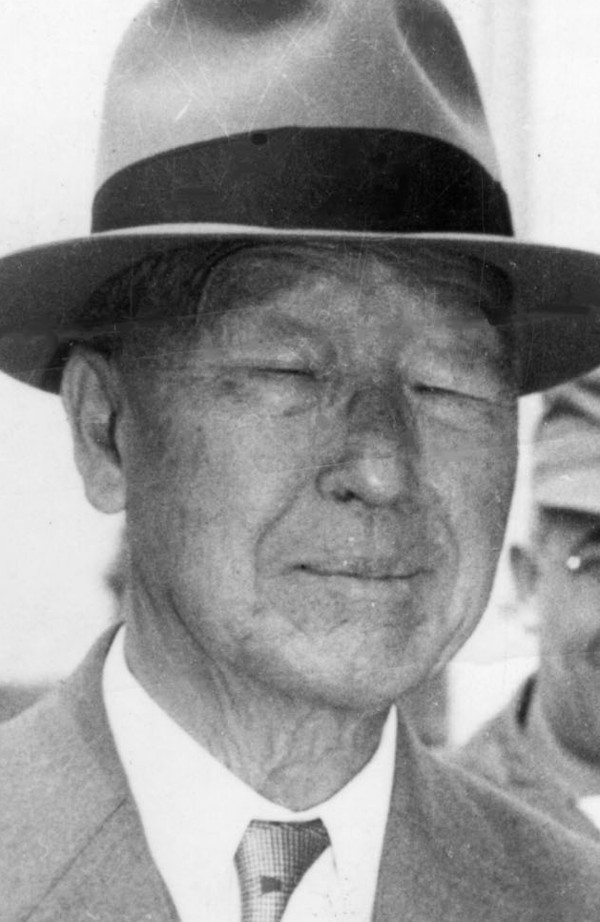
All those horrors were rife a decade earlier in Korea, and their “black threads are woven into the reign and ruin of Donald Nichols”, as Harden puts it.
In 1957, three years before street protests forced Rhee into exile, the US Air Force abruptly and secretly yanked Nichols out of South Korea. He was incorrectly diagnosed as schizophrenic and admitted for several months to the psychiatric ward of a military hospital in Florida. There, he was given antipsychotic drugs and electroshock treatment. “They are trying to destroy my memory,” he told his family, none of whom knew then – or would know for 60 years – the scope and significance of his actions in Korea.
Nichols was forced into retirement on medical disability, effectively becoming what he called “a fifth wheel […] a misfit wherever I went”. He died in a psychiatric hospital in 1992, aged 69.
In a self-published autobiography, Nichols described himself as a “thief, assassin, judge, jury and executioner”. He acknowledged that his spying career ended in disgrace, but offered no explanation. And while he apologised “to a multitude of unarmed men, women and children whose suffering and deaths related to events in my life”, he never explained exactly what he was sorry for.
His exploits, he wrote, were “better left undetailed for reasons of sensitivity, as well as for security”.
For its part, the US Air Force continues to classify documents related to Nichols’ years in Korea. In the National Archives in Maryland, says Harden, hundreds of intelligence reports that Nichols wrote have curiously been pulled off shelves since 2011.
The only military institution where Nichols’ covert operations have been discussed was the Air Force Special Operations Command Headquarters in Florida. A historian there used to talk about the spymaster in intelligence lectures, but this stopped several years ago.
“We couldn’t tell his whole story, so I chose not to bring him up any more,” he told Harden. “He had a dark side. In wartime, he was the guy you want on your team. In peacetime, you lock him up.”
While parts of Nichols’ story may remain obscured, King of Spies illuminates much about the man that until now was shrouded in darkness.


